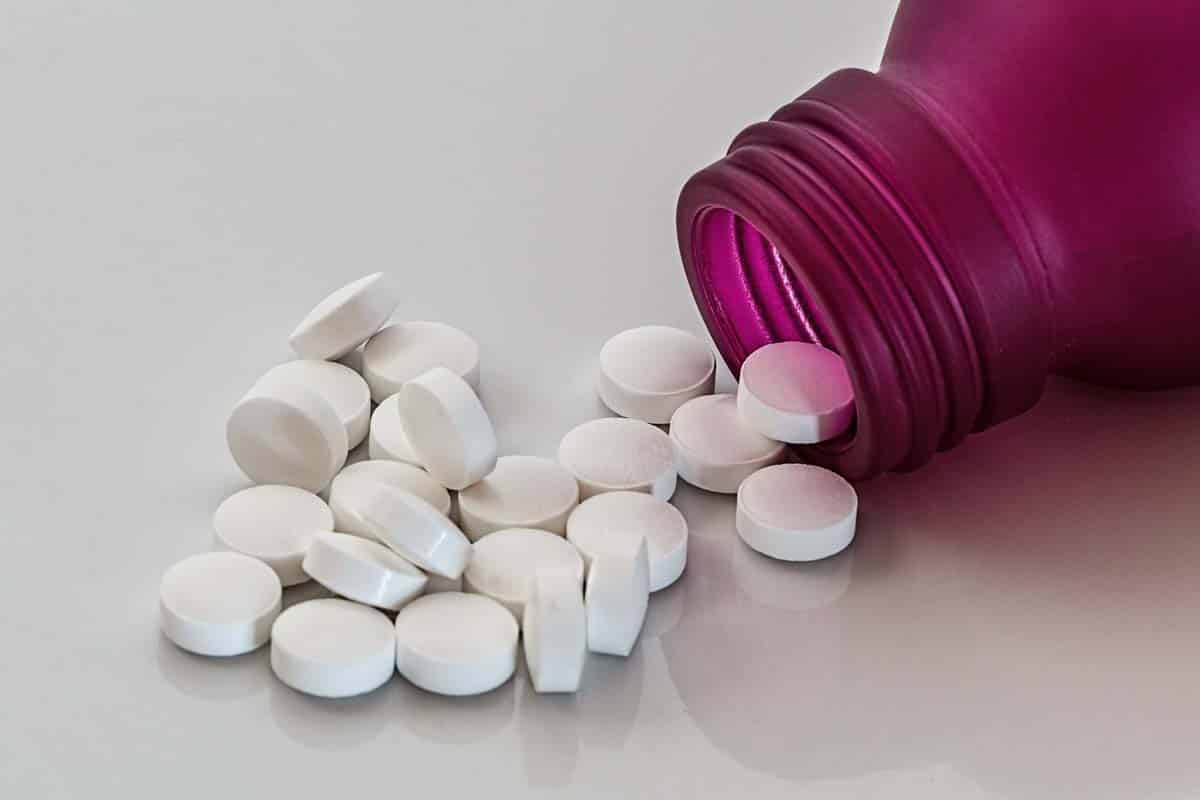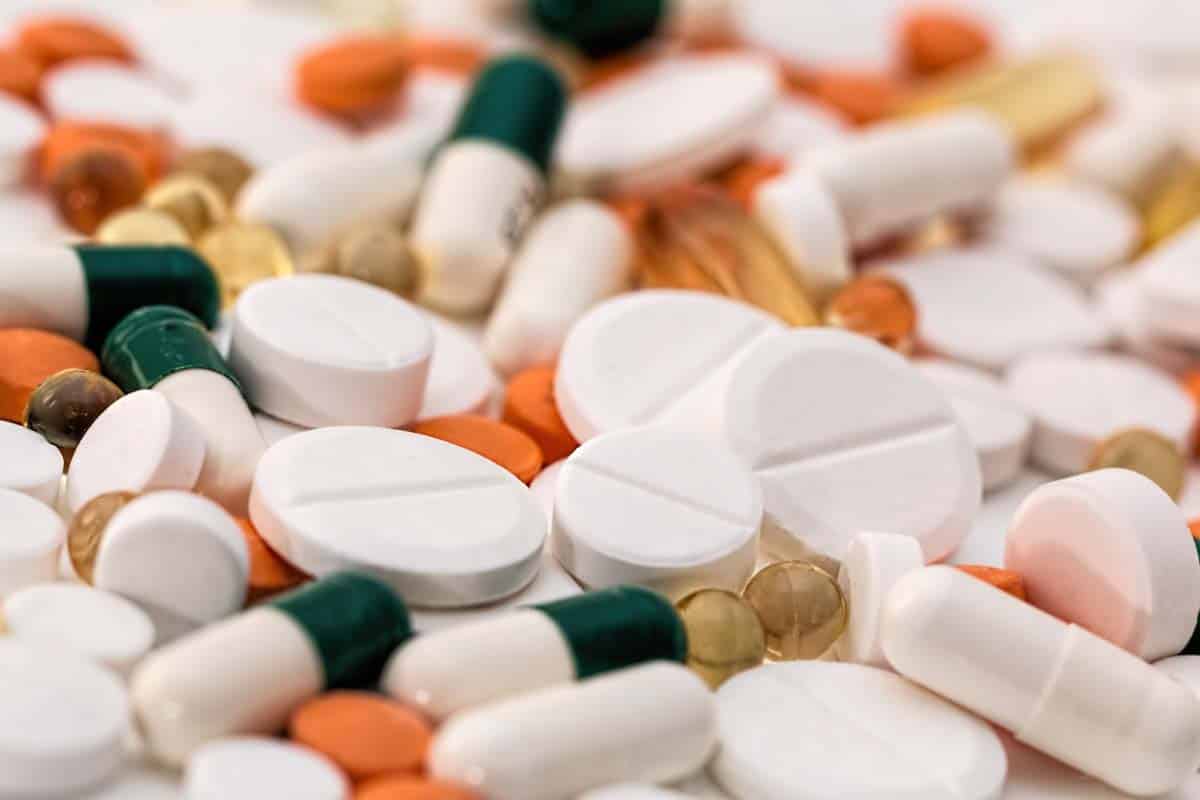As more and more people across the United States have become addicted to opioids, including painkillers and heroin, it is important that people consider all of the options for reducing drug addiction rates. Opioid overdose is a serious issue in America: 44 people die from overdoses every day.
In 2014 alone, 421,000 people had a substance use disorder caused by prescription pain relievers, and 289,000 had a substance use disorder related to heroin. In 2016, the number of overdose deaths from opioids surpassed 60,000 – more than breast cancer or prostate cancer that same year.
To help reduce the number of drug-related deaths in the US, there are three medications doctors can prescribe for opioid dependence.
What are opioids?

Opioids are drugs that can produce euphoria or relieve pain by attaching to certain proteins called opioid receptors on nerve cells.
Addiction to opioids can develop when people take these drugs repeatedly over time, which changes brain function and causes long-term changes in the brain’s reward system. In addition, the stronger the drug (or person’s tolerance), the more they want to achieve the same high.
Thus often require more money spent on increasingly dangerous variations of heroin simply because their bodies have become so accustomed to the higher dosage it takes now just to feel normal.
What are the medications used to treat opioid overdose, withdrawal, and addiction?
For those individuals who wish to stop using opioids, opioid agonist treatments such as methadone and buprenorphine are available to help with withdrawal and reduce cravings for opioids.
Methadone and buprenorphine both help relieve withdrawal symptoms and decrease drug cravings.
Buprenorphine (Suboxone) is also approved by the Food and Drug Administration (FDA) for the treatment of opioid addiction in combination with the medication naloxone.
Naloxone blocks or reverses the effects of any other opioids, including pain relief or feelings of well-being that can lead to opioid abuse.
It is important for people who are prescribed buprenorphine to be carefully screened, monitored, follow up with their doctor, and stay in treatment.
Here is an in-depth summary of each treatment

Methadone
Methadone was approved for treating drug abuse by the FDA in 1972. Methadone binds to opioid receptors in the brain and can activate and deactivate opioid receptors, which moderates the effects of opioids.
Methadone is a schedule II medication: like most opioids, it has a high potential for addiction and dependence. However, this risk may be reduced by administering decreasing doses of methadone under supervision with an abstinence-based or contingency management treatment plan.
Buprenorphine
Buprenorphine is an opioid medication that was approved in 2002 as a pain reliever and can also be used to treat opioid use disorders. In fact, it’s considered a “partial agonist,” – meaning it activates opioid receptors just enough to stave off withdrawal symptoms without producing the extreme “highs” that people get from heroin, morphine, or prescription painkillers.
In other words, it reduces cravings and prevents withdrawal symptoms without being addictive in its own right.
The medication is sold under multiple brand names, including Suboxone and Zubsolv. It’s a controlled substance in the United States, so doctors can only prescribe it directly to patients who have completed a certification program.
In addition to preventing overdose deaths during opioid withdrawals, buprenorphine can help treat opioid addiction by curbing cravings and easing withdrawal symptoms associated with detoxing (the medical process that rids the body of opioids).
However, the medication doesn’t produce significant feelings of euphoria when taken by itself, so it’s not a “high,” and many patients say they stop using opioids altogether at some point in the treatment process.
Naltrexone
Naltrexone (brand name: Vivitrol) can reduce cravings, prevent relapse, and discourage the abuse of opioids and alcohol. Naltrexone is an opioid antagonist: it hinders the effects of opioids by blocking opioid receptors in the brain.
This drug should be used only after detoxification from opioids has been completed because naltrexone may cause withdrawal symptoms in patients who are still physically dependent on opioids.
Naltrexone was approved by the FDA as a monthly injection for alcohol dependence and was approved for opioid dependence treatment by the FDA in 1984. When used properly in combination with other harm reduction strategies, such as substance use treatment and counseling, the risk of opioid-related overdose is greatly reduced.
Almost anyone can become dependent on opioids. To prevent this, all physicians should take a list of CDC guidelines to heart when treating patients with prescription painkillers. For example, if an opioid medication isn’t effective or prescriptions are no longer necessary, doctors should taper their patient’s doses to avoid dependence.

